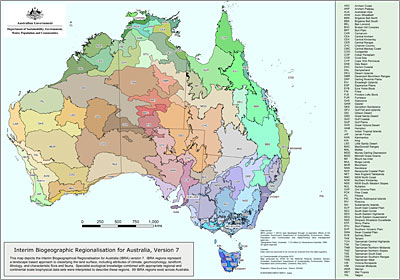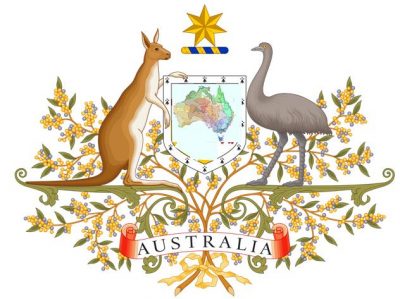A Blue Paper, focusing the fundamental life-threatening issues facing many Ordinary Australians, yet perpetually ignored by successive governments at all levels across Australia. This is a feeder document toward nationalist policy and subsequent draft proposed law, inviting input and debate by Australian Born Citizens.
Nationalist Initiatives

- All Australian state and territory governments to be abolished
- All of Australia’s 565 local councils to be abolished
- Australian government structure to become two tiered – a single national government presiding over about 50 county governments.
- Each state government to make the transition to a unicameral parliament ‘County Government’ to replace the respective capital city council and take responsibility for a broad regional area encapsulating the entire metropolitan area in which they were formerly placed.
- Formation of approximately 50 new ‘Counties‘ to be established on the following bases:
- The current 150 Federal Electoral Divisions
- Australia’s 89 bio-regions
- Population distribution
- Indigenous nation boundaries
- A series of community-based forums and plebiscites to decide on final boundaries.
- New National Electoral Counties to replace old Federal Electoral Divisions and to thence to be exactly aligned to the new County boundaries
- Each new County to be administered under the jurisdiction of a County Cabinet. For example, Brisbane would become the capital of a county stretching from Gladstone to Coffs Harbour and west to Dalby; equating to the size of Florida. The naming of each county would be put to a referendum of Australian-born citizens having a principal place of residence within that county. The political map would eliminate all the old state, local government, county, and parish boundaries and jurisdictions.
- A single unicameral executive cabinet structure of up to 30 executive directors would be elected every 5 years by Australian-born citizens having a principal place of residence within that county.
- All of Australia’s offshore territories remote from the mainland are to be governed by a single, separate and dedicated national department/statutory authority centred in Canberra but with a local governor based in each respective territory and elected every 5 years by Australian-born citizens having a principal place of residence within that county. The seven offshore territories are: Ashmore and Cartier Islands, Australian Antarctic Territory, Christmas Island, Cocos (Keeling) Islands, Coral Sea Islands, Heard and McDonald Islands, Norfolk Island. Lord Howe Island to be proclaimed a new offshore territory, distinct from New South Wales (since New South Wales would no longer exist).
- Voting and national, county and territory level would remain compulsory and photographic proof of voter identity would be mandatory at every election, and ensuring multiple (fraudulent) voting is prevented. Appropriate identity would be an Australia Card issued only to Australian born citizens. The Australia Card would have world best practice tamper-evident security features including optical varying structures, optical varying inks, laser etching and engraving, holograms/holographic image, and watermarking. Non-Australian-born citizens would not have the right to vote anywhere in Australia.
- The County Cabinet would be lead by an executive governor, who would similarly be elected by the county citizens at the same time.
- As with how Switzerland’s cantons are governed by direct democracy, not representative democracy and by citizens’ initiated referenda
- Chambers and offices of the previous councils to be utilised and adapted by the new County Cabinets.
- The following jurisdictions/functions to pass to the national Australian Government, which would remain in Canberra:
- Transport – rail, highways, major roads
- Health, Hospitals, Mental Health, Aged Care, Disability
- Education
- Environmental Conservation and Heritage
- The Arts
- Police
- Emergency Services.
- Jurisdictions to pass to the counties:
- Land management
- Housing development
- Town planning
- Family and Community Services
- Indigenous affairs managed by a single local indigenous council for each county
- Commerce and Trade development
- Water and Sewage
- Waste Management
- Parks and Gardens
- Footpaths and Local Streets
- Energy self-sufficiency (jointly with the national government)

Supportive Precepts Linked to Evidence
